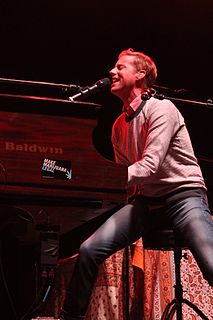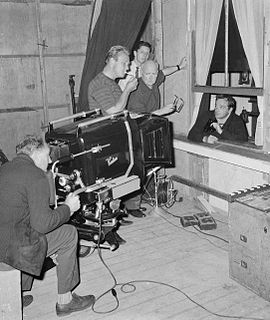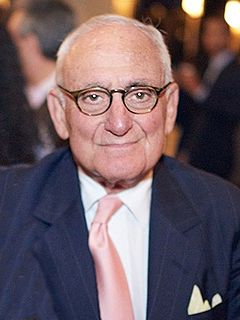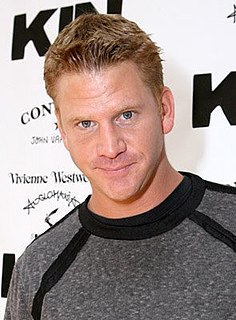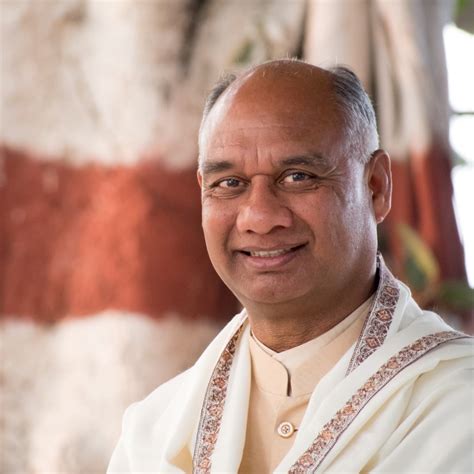A Quote by Eugene Green
One of the biggest problems of our contemporary civilization is that there's been an interruption of transmission. People have no past in their present.
Related Quotes
Civilization is an active deposit which is formed by the combustion of the Present with the Past. Neither in countries without a Present nor in those without a Past is it to be encountered. Proust in Venice, Matisse's birdcages overlooking the flower market at Nice, Gide on the seventeenth-century quais of Toulon, Lorca in Granada, Picasso by Saint-Germain-des-Prés: there lies civilization and for me it can exist only under those liberal regimes in which the Present is alive and therefore capable of assimilating the Past.
art is the most general condition of the Past in the present. ... Perhaps no work of art is art. It can only become art, when it is part of the past. In this normative sense, a 'contemporary' work of art would be a contradiction - except so far as we can, in the present, assimilate the present to the past.
Above all, documentary must reflect the problems and realities of the present. It cannot regret the past; it is dangerous to prophesy the future. It can, and does, draw on the past in its use of existing heritages but it only does so to give point to a modern argument. In no sense is documentary a historical reconstruction and attempts to make it so are destined to failure. Rather it is contemporary fact and event expressed in relation to human associations.
And it is clear to Evan, now: the difference between what is and what has been done; the present and the past. He sees that what he does and who he is isn't based on the past unless he wants it to be... No. That is the past, which has been seen differently through many different eyes and has become hazy and unclear, like a pond when stirred with a stick. Only the present moment is clear and free from prejudice.
We human beings have enormous difficulty in focusing on the present; we always thinking about what we did, about how we could have done it better.... or else we think about the future, about what we're going to do.... But at this precise moment, you also realize that you can change your future by bringing the past into the present. Past and future only exist in our mind. The present moment, though, is outside of time, it's Eternity.... It isn't what you did in the past the will affect the present. It's what you do in the present that will redeem the past and thereby change the future.
We learn in the past, but we are not the result of that. We suffered in the past, loved in the past, cried and laughed in the past, but that's of no use to the present. The present has its challenges, its good and bad side. We can neither blame nor be grateful to the past for what is happening now. Each new experience of love has nothing whatsoever to do with past experiences. It's always new.



